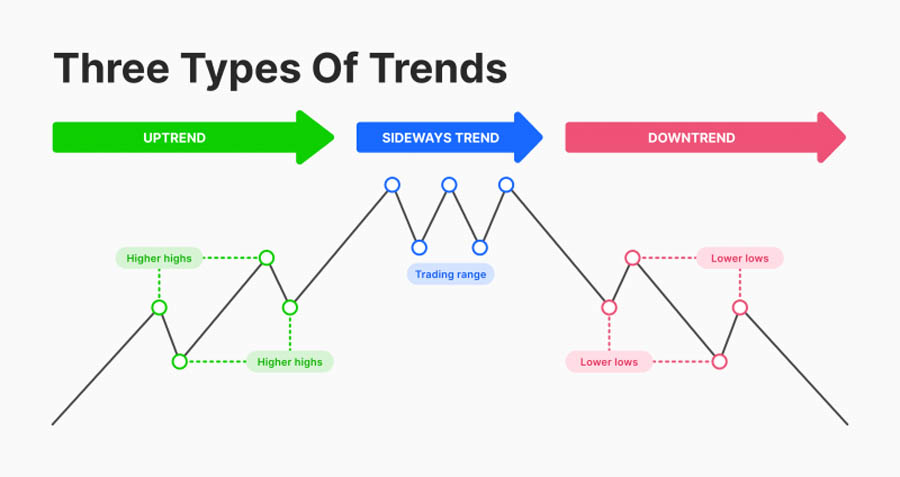
The Future of Renewable Energy
Estimated reading time: 6 minutes
Key Takeaways
- Renewable energy is essential for combating climate change.
- Investment in renewables has increased significantly in recent years.
- Technological advancements are making renewable energy sources more accessible.
- Challenges remain, including storage and infrastructure.
- The transition to renewables could significantly bolster the economy.
Table of contents
The renewable energy sector is on the cusp of transformation. With a global focus on reducing carbon
emissions and creating sustainable energy solutions, renewable energy sources such as solar and wind power are becoming more prominent.
This post explores the numerous benefits and the potential future of renewable energy as we move
away from fossil fuels.
What is Renewable Energy?
Renewable energy refers to energy generated from natural resources that are replenished at a faster rate
than they are consumed. The most common types include:
Why Renewables are Important
Transitioning to renewable energy sources is critical in the fight against climate change. As stated by the United Nations, the shift towards renewables can:
- Reduce greenhouse gas emissions.
- Decrease dependency on fossil fuels.
- Enhance energy security.
- Create jobs and stimulate economic growth.
Current Trends in Renewable Energy
Recent trends indicate a surge in investment and innovation in the renewable sector. The International
Renewable Energy Agency reported that global capacity for renewables has surpassed 2800 GW. Major trends include:
- Increase in energy efficiency measures.
- Growth in decentralized energy systems.
- Advancements in battery storage and grid technologies.
Challenges Facing Renewable Energy
Despite the promising future, several challenges hinder the rapid adoption of renewables. These challenges include:
- Intermittency of energy sources.
- Insufficient infrastructure for energy storage and distribution.
- Regulatory hurdles and lack of public support.
The Economic Impact of Renewables
Investing in renewable energy not only supports environmental goals but also leads to significant
economic benefits. A report by the International Energy Agency highlights:
- The potential for job creation in sustainable energy sectors.
- Long-term savings on energy costs for consumers.
- Reduction in health-related costs from pollution.
Frequently Asked Questions
1. What are the main sources of renewable energy?
Solar, wind, hydro, geothermal, and biomass are the primary sources of renewable energy.
2. Why is renewable energy more sustainable than fossil fuels?
Renewable energy is replenished naturally and has a lower impact on the environment compared to fossil fuels, which emit greenhouse gases.
3. How can individuals contribute to renewable energy adoption?
Individuals can install solar panels, support renewable energy policies, and reduce energy consumption in their homes.
4. Are there any economic disadvantages to renewable energy?
While initial costs may be higher, renewable energy typically leads to lower long-term costs and job creation.
5. Is renewable energy reliable?
With advancements in storage technologies and grid integration, renewable energy can be a reliable energy source.

